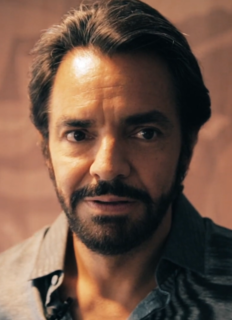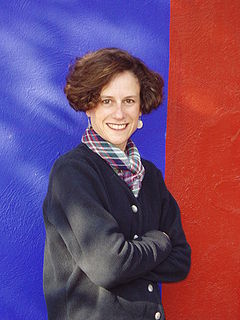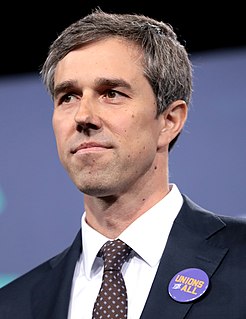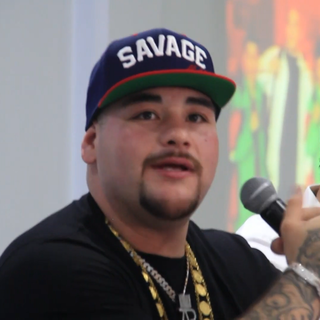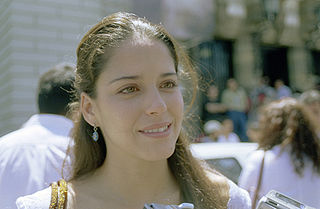A Quote by Juan Felipe Herrera
My grandmother and my mom and my aunt Aurelia, my grandmother Juanita, my mom Lucia - we lived on the outskirts of a barrio in Mexico City called Tepito, and Tepito for many, many decades was the largest barrio in Mexico and perhaps even Latin America.
Related Quotes
Mexico City is the center of art and culture and politics and has been and continues to be for Latin America in a way that I think really called to me as an artistic person, as someone that was interested in the politics of Latin America, you know. God, every single famous person in Latin American history and art and politics seems to have found their way to Mexico City.
Look at Mexico. Many, many factories, many plants. Nabisco's now moving to Mexico, their big Chicago plant. You look at Ford is building one of their biggest factories in Mexico, one of their biggest assembly plants in Mexico. So Mexico is not only beating us at the border, they are also beating us at trade.
Hazel has to realize that her mom was wrong when she said, “I won’t be a mother anymore.” The truth is, after Hazel dies (assuming she dies), her mom will still be her mom, just as my grandmother is still my grandmother even though she has died. As long as either person is still alive, that relationship survives. (It changes, but it survives.)
I got involved through the director of the show [Top Chef], he's a director of films in Mexico; I worked with him before. I watched the show in English -many times for many years - and I always loved it. As soon as I heard about having an opportunity to showcase Mexico in a different way, to show a different side of Mexico, that is not violent, that has beautiful colors and delicious food... I didn't think about it twice.


